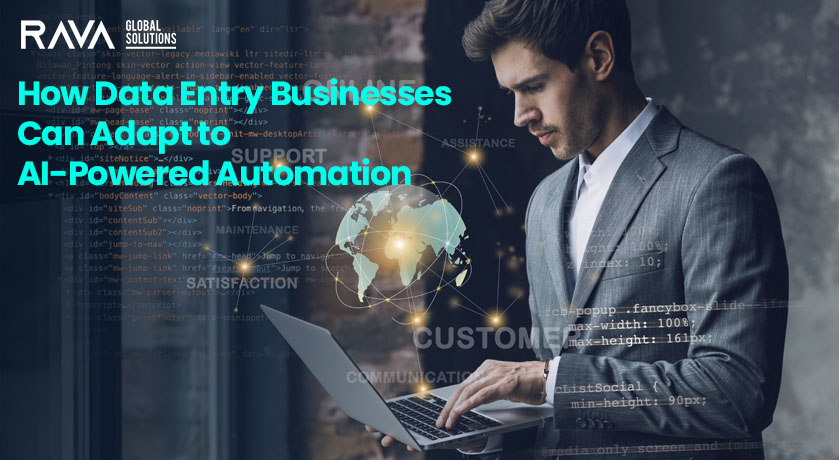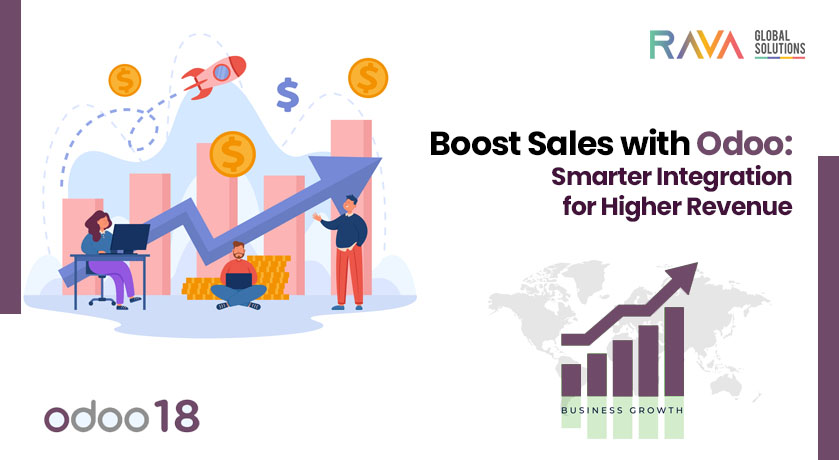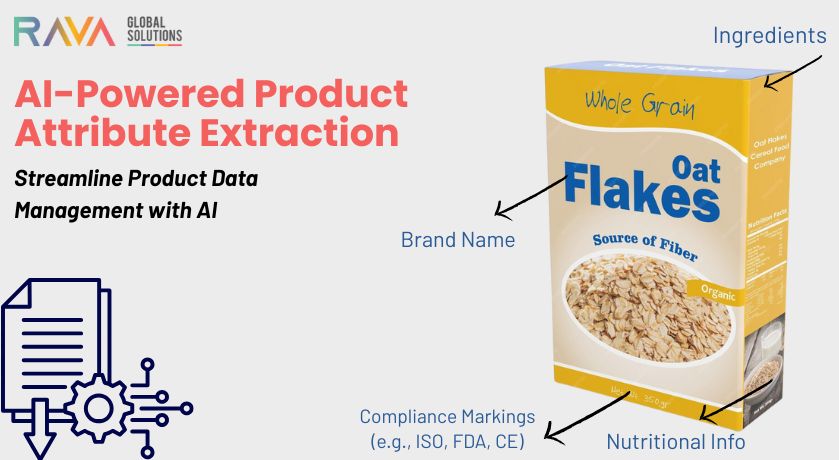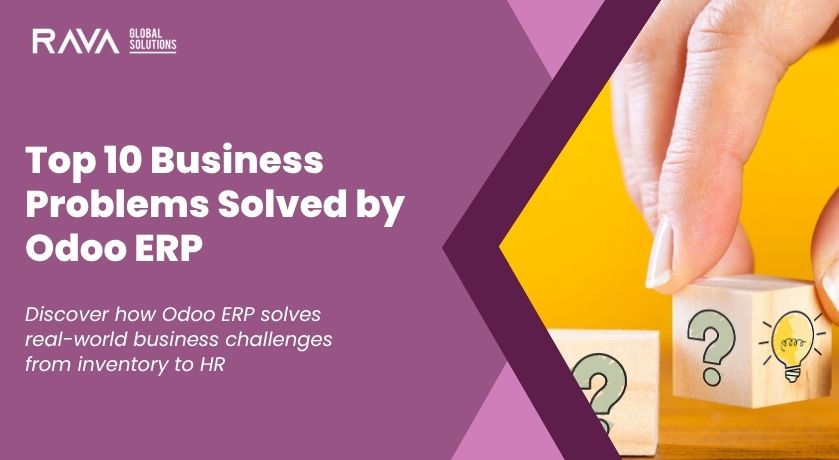The rapid rise of Artificial Intelligence (AI) is reshaping industries across the board, and data entry businesses are no exception. Traditionally reliant on manual processes, data entry operations are now being transformed by AI-driven automation, offering increased efficiency, accuracy, and scalability. While some may see AI as a threat to traditional data entry jobs, businesses that embrace this technology can unlock new opportunities and stay ahead of the competition.
At RAVA Global Solutions, we specialize in integrating AI-powered solutions into ERP, CRM, and data management systems, helping businesses transition from manual data handling to intelligent automation. In this article, we explore how data entry businesses can adapt and thrive in the AI era.
The Impact of AI on Data Entry
AI-powered automation is revolutionizing data entry by eliminating repetitive tasks, reducing errors, and accelerating processing times. Key AI technologies driving this transformation include:
- Optical Character Recognition (OCR): Extracts text from scanned documents, PDFs, and images, reducing the need for manual data input.
- Natural Language Processing (NLP): Automates data categorization, sentiment analysis, and document processing.
- Robotic Process Automation (RPA): Streamlines workflows by automating routine data entry tasks.
- Machine Learning (ML): Continuously improves data validation and error detection through pattern recognition.
While AI enhances operational efficiency, businesses must adapt their models to remain relevant. Here’s how data entry businesses can embrace AI-driven transformation.
1. Embracing AI-Powered Automation
Instead of viewing AI as a replacement for human workers, data entry businesses should leverage AI-powered automation to enhance productivity. Some key strategies include:
- Integrating OCR and NLP Tools: Use AI-driven document processing tools to automate text extraction, reducing manual workload.
- Deploying RPA for Repetitive Tasks: Automate data entry processes such as invoice processing, payroll management, and form filling.
- Implementing AI-Based Data Validation: Use machine learning algorithms to cross-check and validate data for accuracy and consistency.
By incorporating these technologies, businesses can significantly improve efficiency, reduce costs, and minimize human errors.
2. Upskilling the Workforce
As AI takes over routine tasks, the role of human workers in data entry is shifting. Instead of manually entering data, employees must develop skills in AI management, data analytics, and process optimization. Businesses should:
- Provide AI Training: Train employees on AI tools, data analytics, and automation software.
- Encourage Skill Diversification: Equip staff with expertise in data security, quality control, and AI integration.
- Foster a Culture of Adaptability: Encourage employees to embrace technology and innovate in their workflows.
By upskilling employees, businesses can create a workforce that collaborates with AI, rather than competes with it.
3. Expanding Service Offerings
To stay competitive, data entry businesses must move beyond basic data input and offer value-added services such as:
- AI-Powered Data Cleaning and Enrichment: Ensuring high-quality, structured data for clients.
- Advanced Data Analytics: Using AI-driven insights to help clients make data-driven decisions.
- Custom AI Solutions for Clients: Offering tailored automation solutions to streamline client operations.
By diversifying their services, businesses can increase revenue streams and attract new customers.
4. Enhancing Data Security and Compliance
With AI-driven automation comes the need for robust data security measures. Data entry businesses must ensure compliance with regulations such as GDPR, CCPA, and HIPAA. Strategies for strengthening security include:
- AI-Powered Fraud Detection: Implement AI-driven anomaly detection to prevent fraudulent data manipulation.
- End-to-End Encryption: Secure sensitive data with encryption and multi-factor authentication.
- Regular Compliance Audits: Continuously monitor data handling practices to ensure regulatory compliance.
By prioritizing data security, businesses can build trust with clients and maintain compliance with industry standards.
5. Partnering with AI Solution Providers
Rather than developing AI solutions from scratch, data entry businesses can collaborate with established AI technology providers, such as RAVA Global Solutions, to integrate advanced automation tools seamlessly. Benefits of such partnerships include:
- Access to Cutting-Edge AI Tools: Utilize proven AI-driven platforms for automation.
- Customized AI Integration: Tailor AI solutions to specific business needs.
- Scalability and Flexibility: Expand operations efficiently with cloud-based AI services.
By working with AI specialists, businesses can stay ahead of technological advancements while maintaining their core competencies.

The Future of Data Entry in the AI Era
As AI continues to evolve, data entry businesses must adapt or risk obsolescence. The future lies in collaboration between human expertise and AI-driven automation, where AI handles repetitive tasks while humans focus on strategic decision-making and process improvement.
At RAVA Global Solutions, we help businesses navigate the AI revolution by providing intelligent automation solutions tailored to their unique needs. By embracing AI, data entry companies can increase efficiency, enhance accuracy, and drive innovation in the ever-changing digital landscape.
Ready to transform your data entry business with AI? Contact RAVA Global Solutions today to explore cutting-edge AI-driven solutions designed for success in the modern era.









